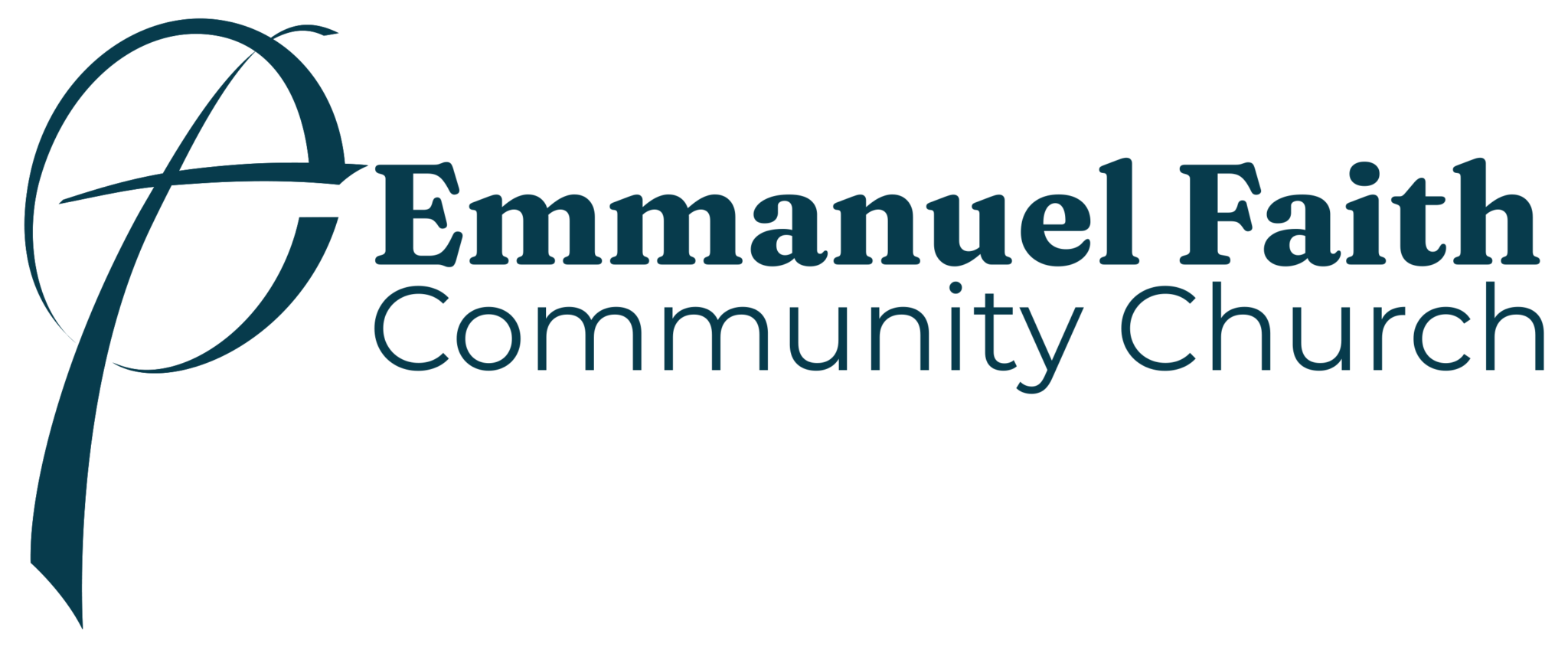John 2:18-21
I remember the day I got my Driver’s License. I had my permit for months, completed all the required driving hours, caused my parents much pain and heartache, and then passed my test. I went to the DMV, completed the written and driving tests, and then was issued my official license. And it was just that, official. It ran through the government which meant that there was a sense of legitimacy to the piece of paper covered in plastic that I slipped into my wallet.
What if people could just get their Driver’s License from a street vendor? What if you could pick one up at a 7-11 or Supermarket? That’s the functional equivalent of what Jesus did when he cleansed the temple and claimed he was the new temple. The temple existed as a way for people to meet with God and experience forgiveness, and there was a formality around it. What happened at the temple was unique – it only happened at the temple. After Jesus overturned the tables in the temple, the leaders wanted to know what gave him the right to do that. John recorded the conversation by writing,
So the Jews said to him, “What sign do you show us for doing these things?” Jesus answered them, “Destroy this temple, and in three days I will raise it up.” The Jews then said, “It has taken forty-six years to build this temple, and will you raise it up in three days?” But he was speaking about the temple of his body. (John 2:18-21)
The temple of his body? That seems so informal, so unofficial. Without the leaders and priests overseeing things, couldn’t the formalities be lost and chaos ensue? There’s a reason you can’t buy your license from a street vendor, right?
If you read through the stories of Jesus cleansing the temple, what you’ll find is that there was major corruption taking place within the temple system. Traditions had developed that weren’t serving people, but rather feeding the power of the leaders. When Jesus overturned the tables, he confronted religious corruption and led people to a new Exodus freedom. He was claiming that he was the new place where forgiveness was found – not through inflated prices, but through free grace. He was the place where the glory of God dwelt, but it wasn’t accessed through the traditions of men, but through a pure heart (Mt. 5:8). He was claiming that he was the new way to holiness, not through the blood of bulls and goats, but through his blood shed for us (Heb 10:4).
Under Jesus, the system feels less formal, but it’s more free. It’s more life-giving. It’s what God originally designed and what he ultimately wanted. As we read the story of the cleansing of the temple, we see the way religion often complicates, commodifies, and corrupts what God originally intended; but Jesus rages against the religious machine by overturning tables and in so doing gives everyone the opportunity to find a seat at the banquet of Jesus.
Today, pause and ask the Lord if there are any ways that you’ve settled for religious activity instead of seeking intimacy with Jesus. Then, boldly ask Jesus to overturn any tables in your life that he needs to so that you can simply, informally, and vibrantly abide in Jesus.
Pastor Ryan Paulson

